Echo Mobile’s research focused on 14 organizations that have deployed messaging applications for development projects across different regions and sectors. The findings from each project have been summarized in one-page briefings that provide insights for development practitioners and technologists.
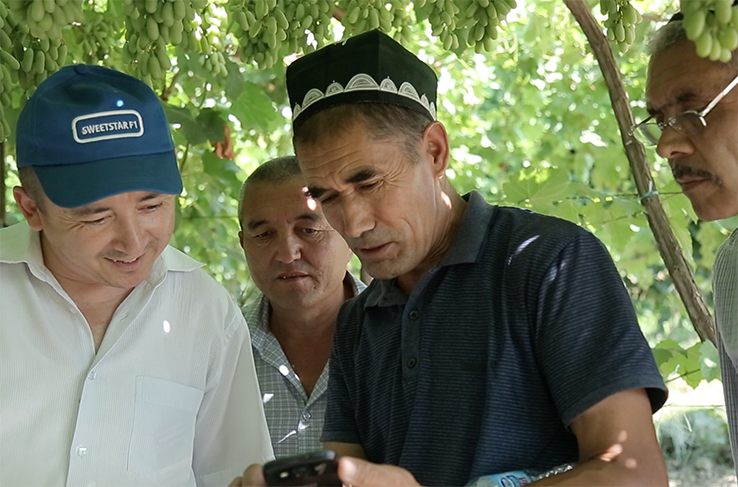
After connecting over 1.8 million women to critical maternal health information through SMS, IVR and USSD, MomConnect is piloting WhatsApp first official integration. Engagement has skyrocketed amongst women who use WhatsApp, but most still prefer free SMS.

In Brazil, AA went digital to reach teen audiences, developing a Facebook Messenger chatbot that provides guidance on alcohol abuse. The bot engaged over 100,000 users, but presented challenges to user anonymity and strained its offline resources.
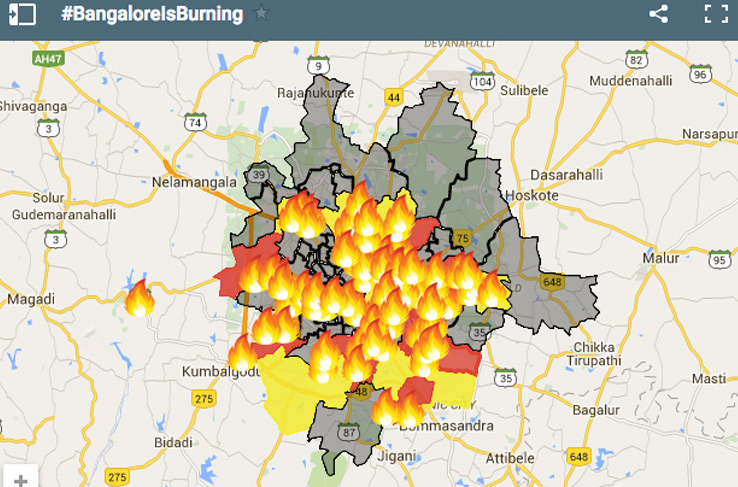
Jhatkaa, an advocacy organization in India that initiates grassroots citizen campaigns for environmental and human rights, engaged campaign supporters using WhatsApp.
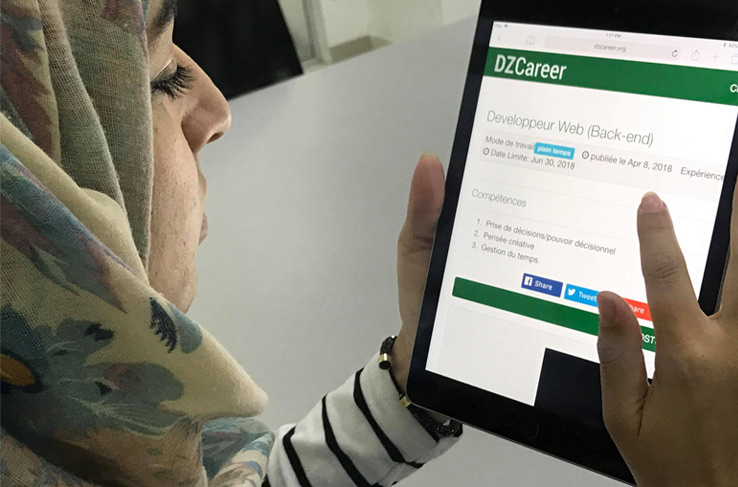
World Learning and Souktel developed a web-based job matching platform that sends listing to unemployed youth. Viber integration was too costly, so listings are sent through SMS and WhatsApp, which requires manual administration.
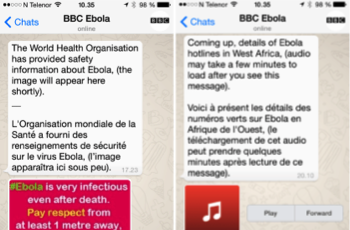
In response to the Ebola outbreak, BBC Media Action created locally based Ebola WhatsApp broadcast lists to disseminate relevant, life-saving health information to affected communities.
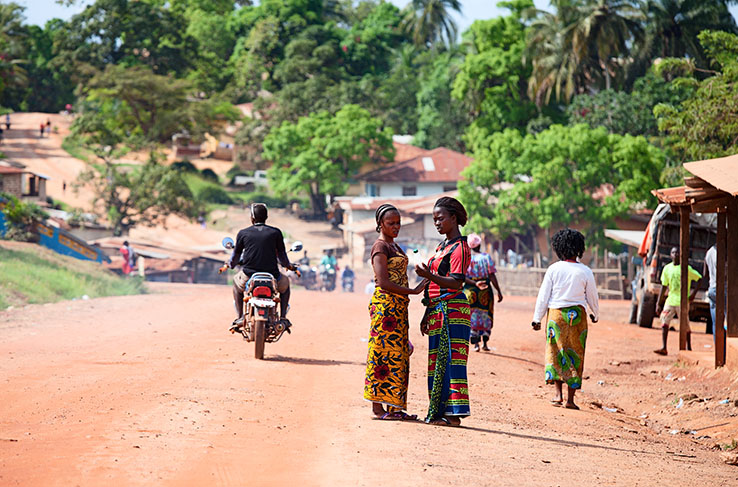
During the Ebola outbreak, MercyCorps trained over 800 Community Mobilizers to use WhatsApp for sharing learnings and challenges in the field, but struggled with adoption and engagement.
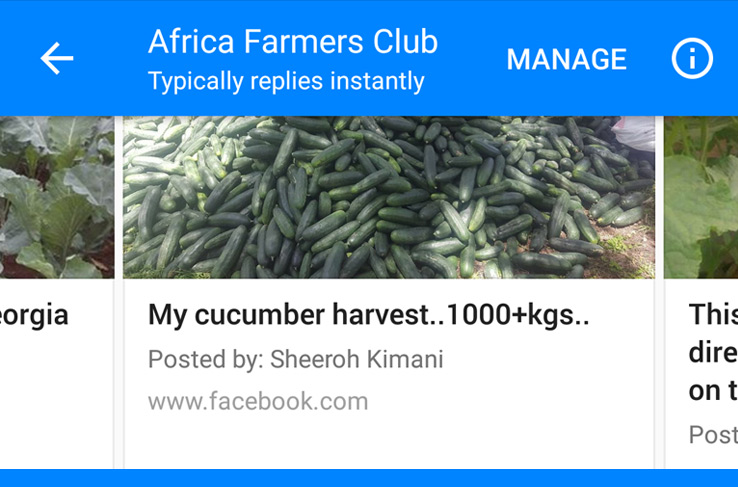
Farm.ink is developing a suite of Facebook Messenger chatbots for farmers in Kenya. Thousands have joined Farm.ink’s Africa Farmers on Facebook to share information, which is analyzed by a chatbot that delivers daily digest to each member.
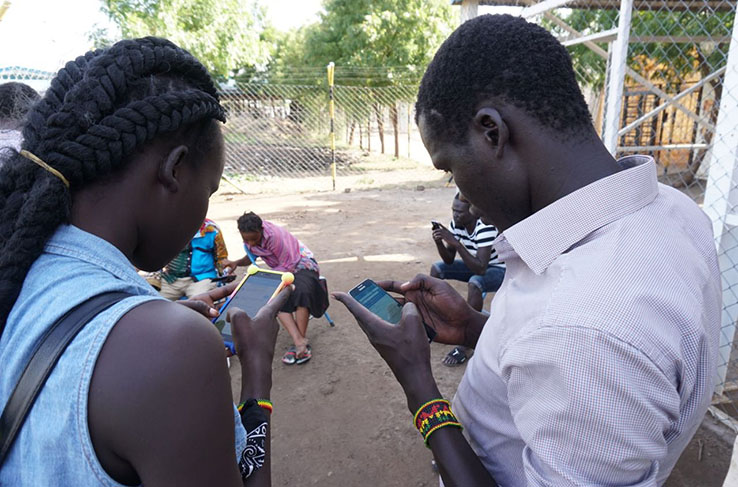
WFP engaged InSTEDD to prototype “The Food Bot”, a chatbot that collects and shares food security information with beneficiaries. The concept was abandoned after user testing to build AIDA, a platform where humanitarian teams can create their own custom chatbots.
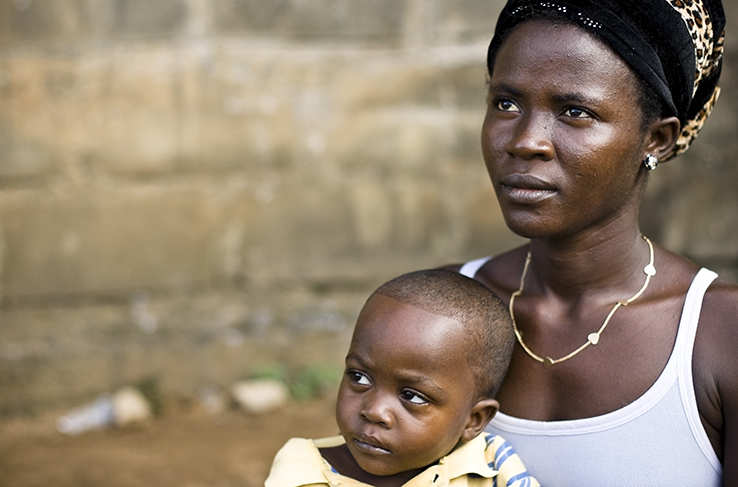
After connecting over 1.8 million women to critical maternal health information through SMS, IVR and USSD, MomConnect is piloting WhatsApp first official integration. Engagement has skyrocketed amongst women who use WhatsApp, but most still prefer free SMS.
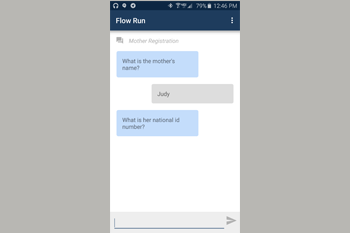
Building on the universal familiarity with messaging app interfaces, UNICEF developed an open source data collection app that allows field agents and enumerators to collect data using a chat-like interface to record information and complete forms.
Youth fans of Shujaaz’s comics and radio programs use Facebook, Facebook Messenger and WhatsApp to engage with fictional characters and each other. However, Messenger is limited to one-to-one interactions and WhatsApp size limits have strained resources.
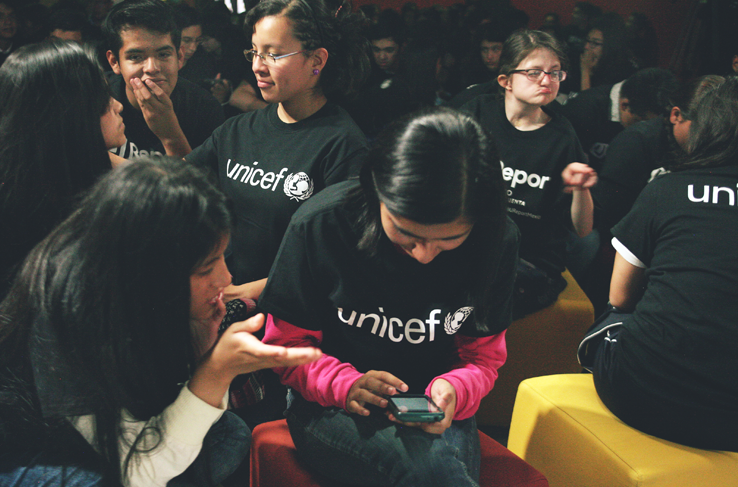
To expand the value of its SMS-based youth engagement platform, UNICEF has experimented with integrating chatbots built on messaging applications. The SMS-based platform architecture has presented challenges for chatbots, but they have proven impactful when MNO integration for SMS is not an option.